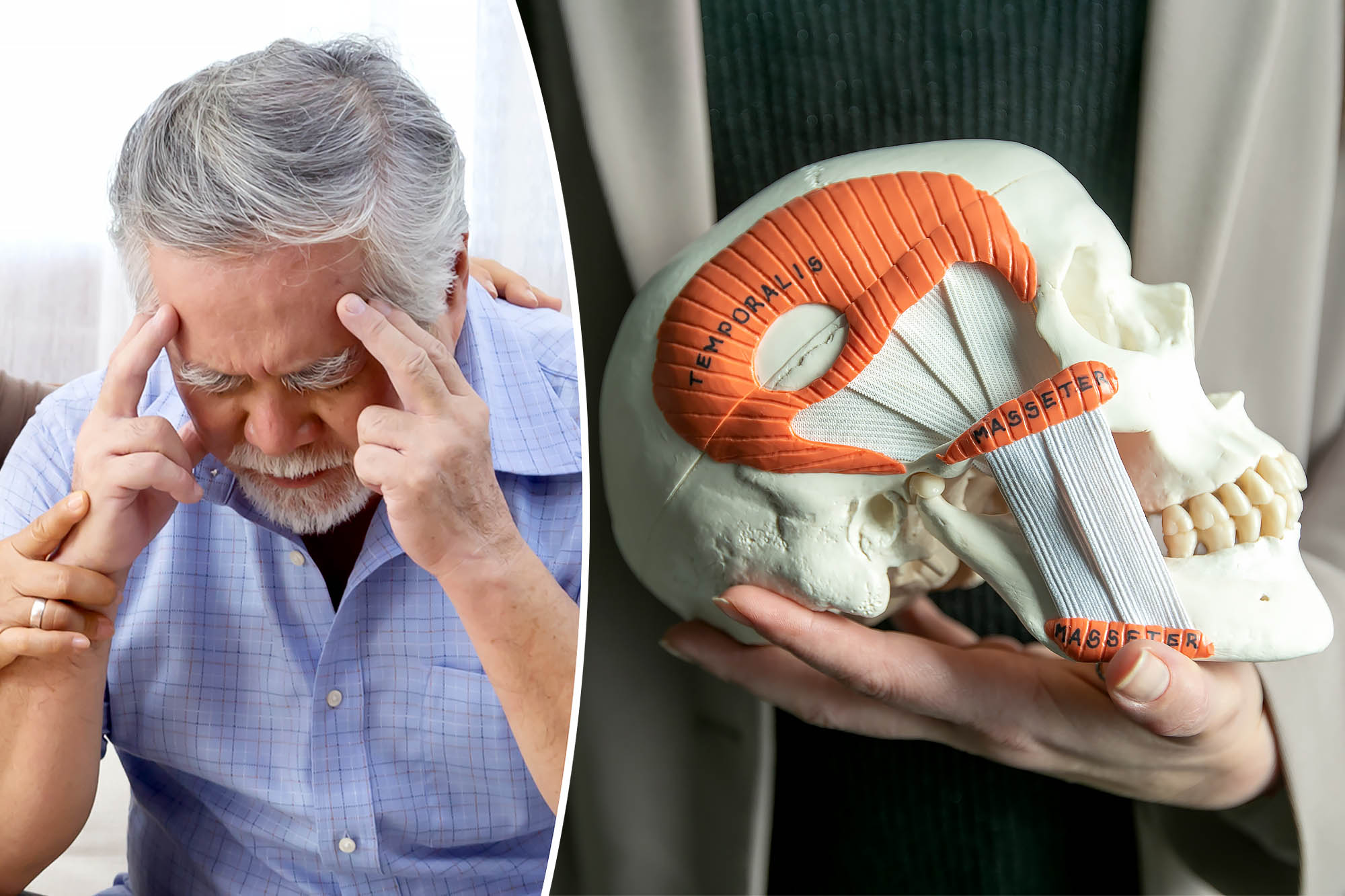Understanding the Link Between Jaw Scars and Dementia Risk

Hey there, fellow cooking enthusiasts! Today, we’re diving into a topic that might seem a little off the beaten path for a food blog, but it’s one that touches all of us who love spending time in the kitchen. It’s about health, specifically the potential connection between jaw scars and dementia risk. It’s something that’s been on my mind lately, and I wanted to share what I’ve learned with you.
Cooking is such a big part of our lives—it brings us joy, comfort, and even helps us connect with our loved ones. But as we enjoy our culinary adventures, it’s also important to keep an eye on our overall well-being. That’s why I was taken aback when I stumbled upon some surprising research linking scars on the jaw with an increased risk of dementia. It made me pause and think about how interconnected our bodies truly are.
So, let’s explore this fascinating topic together. We’ll delve into how research is uncovering new insights into dementia risks and what it means for those of us who love to cook and eat well. Trust me, this isn’t just a medical discussion; it’s a journey into understanding how we can take care of ourselves better while savoring every bite life offers us.
Key Takeaways
- Sarcopenia, or loss of muscle mass, is increasingly recognized as a significant risk factor for dementia.
- The temporalis muscle in the jaw may indicate overall skeletal muscle mass and potential dementia risk.
- Early detection and intervention can help manage sarcopenia and possibly reduce dementia risk.
The Connection Between Muscle Mass and Dementia
You might be wondering how muscle mass connects to cognitive health. Well, recent findings from Johns Hopkins School of Medicine have shed light on this intriguing relationship. Researchers discovered that older adults with smaller skeletal muscles have a 60% higher likelihood of developing dementia compared to those with more robust muscle mass. This revelation is particularly compelling because it emphasizes an overlooked aspect of health—our muscles!
Skeletal muscles make up about a third of our body weight. As we age, beginning from around 30 years old, we naturally lose muscle mass at a rate of 3% to 5% per decade. This loss is known as sarcopenia, and it’s estimated to affect 10% to 16% of the world’s elderly population. For us food lovers, maintaining muscle mass is not just about strength—it’s an essential part of staying healthy as we age.
The exact link between sarcopenia and cognitive decline isn’t entirely clear yet. However, researchers believe that myokines—small proteins released by muscles—play a crucial role here. These proteins impact brain health directly, so when muscle mass decreases, so does the production of myokines. This could lead to less physical activity and reduced social interaction—both contributing factors to dementia.

The Role of the Temporalis Muscle
Now, let’s zoom in on the temporalis muscle—the star of this research! Situated on the side of your head, this fan-shaped muscle is vital for chewing and is surprisingly telling about your body’s overall muscle status. The Johns Hopkins team focused their study on this specific jaw muscle to gauge broader skeletal muscle mass throughout the body.
By examining brain images from 621 older adults without dementia, researchers measured how much muscle loss these individuals experienced over time. They tracked these participants for approximately six years to see if any were diagnosed with dementia or experienced significant changes in cognition or brain structure.
Interestingly, those with smaller temporalis muscles were found to have a higher risk of developing dementia. This group also showed greater declines in cognitive test scores and brain sizes than those with larger temporalis muscles. These findings suggest that monitoring changes in this particular muscle could potentially serve as an early indicator of dementia risk.

Practical Steps for Maintaining Muscle Health

- Incorporate regular exercise into your routine: Focus on activities such as chair exercises or resistance training that help build strength.
- Pay attention to your diet: Eating enough protein supports muscle development—think lean meats, beans, lentils, and tofu.
- Stay socially active: Engage in social gatherings or hobbies that keep you mentally stimulated while fostering connections with others.
The goal here is not only about preserving physical abilities but also protecting cognitive function over time! Engaging regularly in these practices could help prevent or slow down muscle wasting—and subsequently reduce potential risks associated with cognitive decline.
Final Thoughts
This exploration into jaw scars’ link to dementia has been eye-opening indeed—and somewhat unexpected! It serves as another reminder that taking care of ourselves involves looking beyond what meets the eye (or taste buds). While you’re whipping up delicious meals in your kitchen haven—don’t forget about nurturing every part of yourself too!
By prioritizing both our culinary passions alongside proactive health measures like exercising regularly—and enjoying nutrient-rich foods—we’re setting ourselves up nicely for vibrant years ahead filled with flavorful experiences shared amongst family & friends alike!
